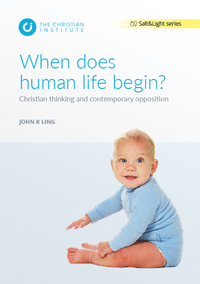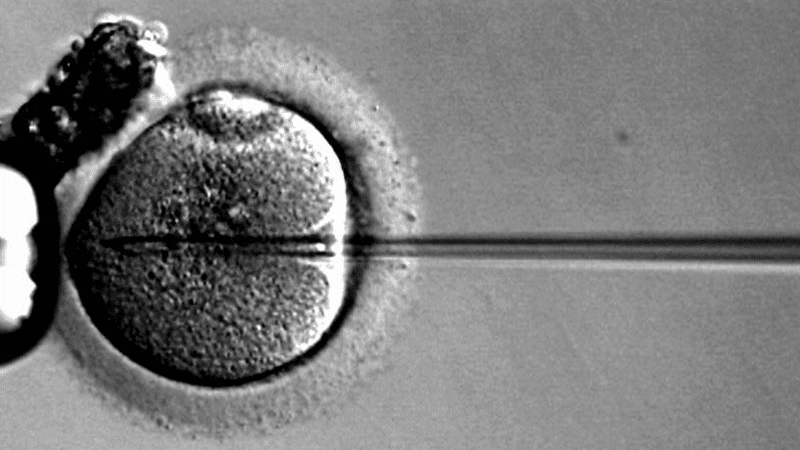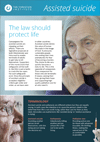British scientists want to be allowed to experiment on unborn babies until they are 28 days old.
At a conference today, senior scientists will argue that the current 14-day limit on embryo experimentation should be doubled.
Critics have accused scientists of being “morally obtuse” and warned of a slippery slope in medical ethics.
Experimentation
Professor Robin Lovell-Badge, of the Francis Crick Institute, and Professor Simon Fishel, head of fertility group Care, are the main proponents.
They claim that allowing experimentation for a longer period would aid research into heart disease and cancer, as well as miscarriage.
So far, there have been few calls to extend the research period, as the average lifespan of an embryo in the laboratory is three to five days. But earlier this year scientists in Cambridge kept an embryo alive for 13 days.
‘Slippery slope’
Prof Fishel told The Times that: “Being able to generate embryos beyond 14 days will lead to very meaningful research.”
He went on to say: “It’s not a human embryo we are testing, it’s human embryonic cells.”
This comment was picked up by Times columnist Melanie Phillips, who wrote a scathing article saying the current law is a “slippery slope”.
‘Dehumanised’
She said Prof Fishel’s comments suggest the 14-day limit is an “arbitrary construct based on nothing more than the desire to move the moral goalposts to allow scientists to experiment on embryos”.
“Treating it as merely a bundle of cells that is disposable is to instrumentalise and dehumanise not just the embryo but ultimately all of us”, she added.
Scientists were given the green light to experiment on human embryos under the 1990 Human Fertilisation and Embryology Act, which was largely advised by the 1984 Warnock Report.
‘Unilaterally changed’
In the report, Baroness Warnock outlined the 14-day limit, saying that neural development did not begin until after this time, and that this was the latest stage where identical twins could occur.
Melanie Phillips said this ‘unilaterally changed the definition of an embryo’.
“Until that point, it was generally assumed that an embryo was created at conception. The Warnock report declared that, on the contrary, an embryo only became an embryo at 14 days’ gestation.
“Hey presto, all the revulsion at experimenting on an embryo was thus, during this 14-day window of opportunity, simply magicked away.”
‘Morally obtuse’
Dr Anthony McCarthy, of the Society for the Protection of Unborn Children, spoke strongly against the calls, describing them as “morally obtuse”.
“In 1984 the Warnock Report on embryo experimentation refused to examine closely when personhood began. Instead it came up with an arbitrary 14 day limit after which the destruction of new human embryos would be, not just permitted, but enforced.
“Now others who are similarly uninterested in fundamental questions concerning the rights of new human persons wish to expand the scope to create, keep and destroy those persons. That they wish to do so, in part, to help avoid miscarriage is morally obtuse.”
Read more
To find out more on the ethical dangers present in embryonic research, read our publication ‘When does human life begin?’
Christian thinking and contemporary opposition
John R Ling
When does human life begin? It is a fundamental and decisive question because your answer reveals your understanding of the nature and status of the human embryo. It also shapes your stance on the big bioethical issues of the day such as abortion, cloning and embryonic stem cell research. There are many voices sowing confusion, but the Bible is unmistakably clear that human life begins at conception. In this booklet, John Ling provides a wide-ranging explanation of biblical truth, the historical Christian perspective and evidence from modern science to support this position.




